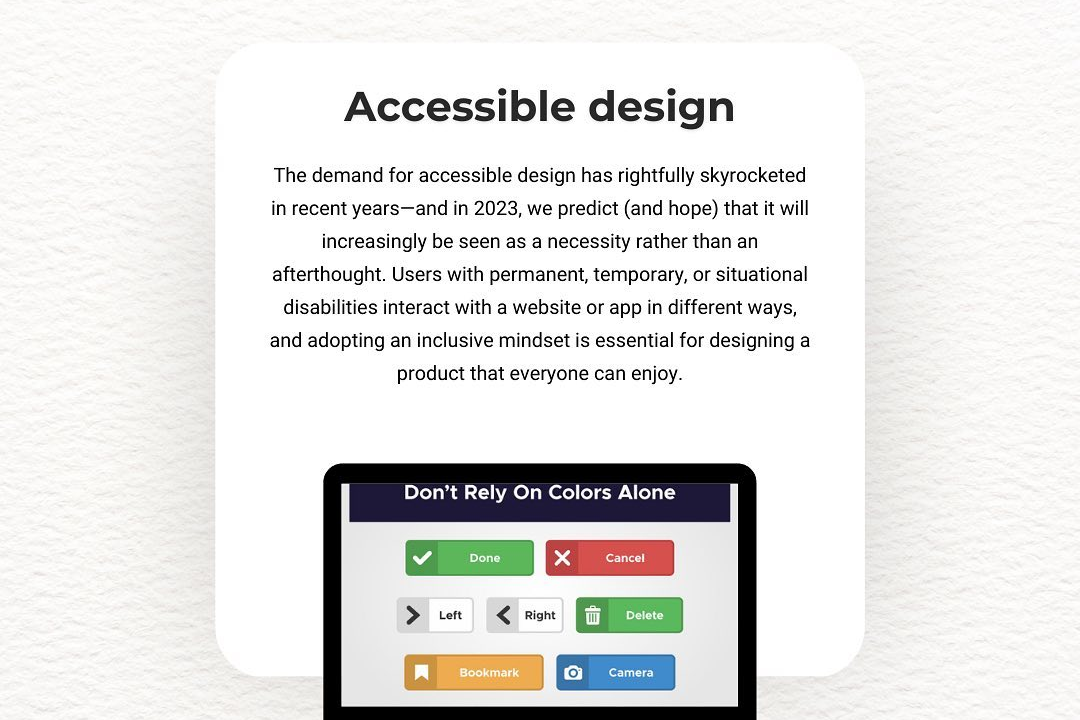Ionic vs React Native
Ionic vs React Native: Choosing the Best Framework for Your Mobile App Development
Ionic vs React Native
Ionic and React Native are both popular frameworks for building cross-platform mobile applications. Ionic is a web-based framework that uses web technologies like HTML, CSS, and JavaScript to create apps that can run on multiple platforms. On the other hand, React Native is a JavaScript framework that is based on the React library and allows you to build native-like mobile applications using a single codebase. While Ionic is great for simpler apps and offers faster development cycles, React Native provides a more native user experience and performance. Ultimately, the choice between Ionic and React Native depends on the specific requirements of your project and your familiarity with the technologies involved.
To Download Our Brochure: https://www.justacademy.co/download-brochure-for-free
Message us for more information: +91 9987184296
1 - Ionic:
Ionic is a popular open source framework for building cross platform mobile applications using web technologies like HTML, CSS, and JavaScript.
2) React Native:
React Native is a framework developed by Facebook for building native mobile applications using the React JavaScript library.
3) Development Language:
Ionic uses web technologies like HTML, CSS, and JavaScript for app development, making it easier for web developers to transition to mobile app development.
React Native uses the React JavaScript library, allowing developers to write code once and deploy it across multiple platforms while maintaining a native app feeling.
4) Performance:
React Native generally offers better performance as it compiles the code to native components, resulting in faster execution and smoother user experience.
Ionic applications run in a webview, which can impact performance, especially for complex applications or games.
5) User Interface:
React Native provides access to native UI components, resulting in a more native look and feel for the app.
Ionic apps have a consistent look across platforms due to the use of web technologies, but may not offer the same level of native UI customization.
6) Community and Ecosystem:
React Native has a larger community and ecosystem with more resources, libraries, and third party plugins available to developers.
Ionic also has a strong community and ecosystem with a focus on building hybrid mobile apps with web technologies.
7) Scalability:
React Native is well suited for building large scale applications with complex features, thanks to its ability to integrate with native code.
Ionic is suitable for building smaller to medium sized applications where the focus is on cross platform compatibility and rapid development.
8) Tooling and Debugging:
React Native provides robust tooling and debugging capabilities, including hot reloading for faster iteration during development.
Ionic also offers a range of tools for rapid development and testing, but may not have the same level of debugging support as React Native.
9) Learning Curve:
Both Ionic and React Native have learning curves depending on the developer's familiarity with web or mobile development.
Web developers may find it easier to pick up Ionic due to its use of familiar web technologies, while React Native may require some time to learn if not familiar with React.
10) Platform Support:
React Native supports building applications for both iOS and Android platforms, sharing a significant amount of code between them.
Ionic also supports iOS and Android platforms, as well as progressive web apps, providing more flexibility in deployment options.
11) Community Support and Resources:
React Native has a larger and more active community, with extensive documentation, tutorials, and support available online.
Ionic also has a strong community and resources, with detailed documentation and community forums for developers to seek help and share knowledge.
12) Maintenance and Updates:
React Native receives regular updates and improvements from Facebook and the community, ensuring compatibility with the latest mobile devices and OS versions.
Ionic also gets updates and support from its development team and community, keeping the framework up to date with industry standards and best practices.
13) Deployment and Distribution:
React Native apps can be deployed to app stores like Google Play and Apple App Store, following the standard native app distribution process.
Ionic apps can also be distributed through app stores or deployed as web apps, providing more options for reaching users on various platforms.
14) Performance Optimization:
React Native offers performance optimization tools and techniques for improving app speed and responsiveness, tailored for native app development.
Ionic provides performance optimization features and guidelines to enhance the speed and efficiency of web based mobile applications.
15) Training Program for Students:
When offering a training program to students, it's important to consider their background and goals to choose the most suitable framework.
For students with a web development background and an interest in building hybrid mobile apps, Ionic can be a good starting point due to its use of web technologies and ease of transition.
Students looking to focus on native app development and gain experience with React, React Native would be a better choice for its performance, native UI capabilities, and larger community support.
The training program should cover the fundamentals of each framework, hands on projects, best practices, and real world application development to provide students with practical skills for their future careers in mobile app development.
Browse our course links : https://www.justacademy.co/all-courses
To Join our FREE DEMO Session: Click Here
Contact Us for more info:
Difference Between Java And C++ In Tabular Form
Angular 6 Interview Questions
Manual Testing Interview Questions For 1 Year Experience
Python Selenium Interview Questions
Photoshop Certification Class











